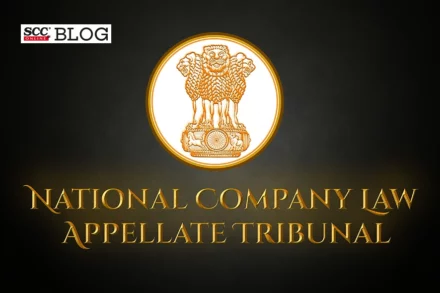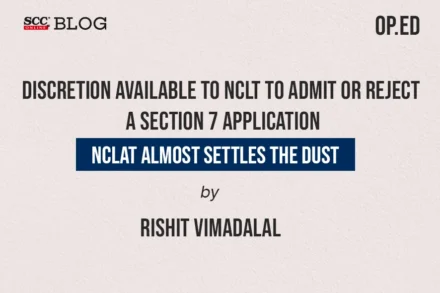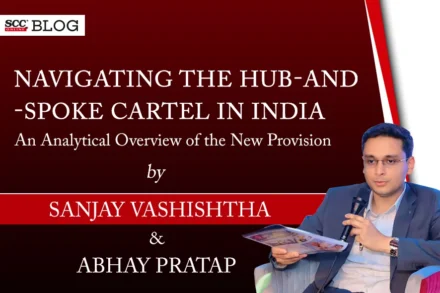
NCLAT affirms dismissal of minority homebuyers’ challenge to Resolution Plan; says it does not fall foul of law on reduction in claim
The democratic principles of the determinative role of majority opinion are enshrined in the IBC, and objections by a minority within a class, when the majority has approved a resolution plan, have no legal standing.





